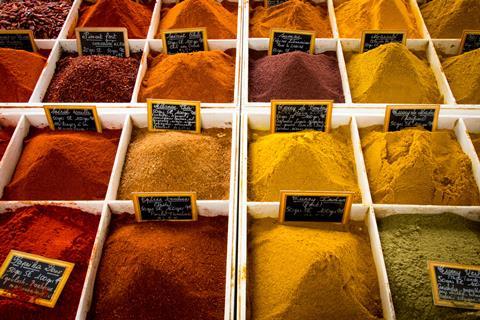
I have just returned from my first visit to India. The purpose of the trip was to learn more about the trade in rice and spices from the country.
I was very fortunate to make the trip with Arun Kapil, the writer, chef and founder of Green Saffron. His knowledge of and passion for the country, and in particular all things to do with rice and spices, was quite remarkable.
I was able to meet a number of senior government officials across various departments and it was very telling that at my first meeting the first question I faced was about Brexit.
More from Chris Elliott: How to tackle allergen labelling
Not being able to explain the chaos that we are in, the logic (if such a word can appear in the same sentence as the word Brexit) behind what the government is currently doing I had to answer the question with a question: what’s the potential impact of Brexit on India in terms of trade in food?
The discussion that followed was extremely telling - and worrying, to some degree.
First of all, it was clear India is a nation of traders. Its people and companies will find a way to keep trading with the UK, one market among many they deal with.
The biggest issue (and potential opportunity) was around what standards the UK would set in the post-Brexit era.
India exports food all around the world and has to trade with countries with many different sets of standards. How it handles this is extremely interesting.
For many of the commodities it trades in, for example grapes and rice, it will test the levels of chemicals and other contaminants present such as pesticides and mycotoxins. Only then will it be decided what country they can be exported to, based on the standards those export destinations have in place.
Worryingly, those crops that do not make the grade for the developing world standards seem to either end up in developed world markets or the home market. So we have it clearly: whatever standards we set in the UK post-Brexit in terms of our food will affect the quality and potential safety of the food we import. Going to WTO standards will mean food of lower standards will flood into the country, not only from India but from other places the UK potentially wants to do trade deals with.
I also had the opportunity to meet quite a few food business leaders when in India. I picked up several pieces of information worth sharing with The Grocer readers.
More from Chris Elliott: Fresh produce scares show food safety starts with properly trained workers
First of all I was quite amazed how digitally enabled the companies are. In the UK we read articles about blockchain, for example, and wonder if this is the right direction of travel. I talked with a spice trading company that trades that has had a fully functional blockchain system in place for some time. The transparency and simplicity of the supply chains presented was quite remarkable.
The company had a very small marketing department in terms of its overall size. The CEO told me the market comes to them and they decide who to sell to.
The second point was the importance of corporate social responsibility to many of the businesses I met. I was told of great initiatives to ensure all workers in the supply chains were treated properly. It was clear that this had been as a result of pressure from markets in the developed world, in particular the UK. This is something as a nation we should take pride in.
I have neglected to write about the specifics of what I did learn about rice and spice in India. I will keep this for another day and another article for The Grocer.







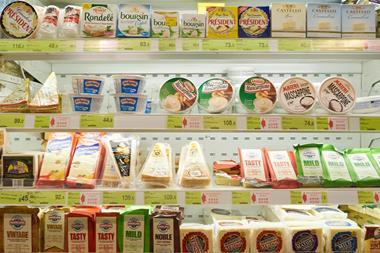
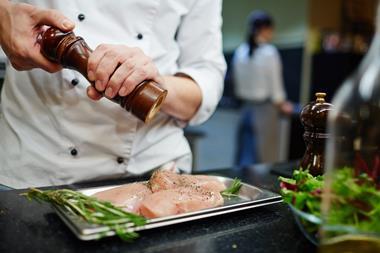

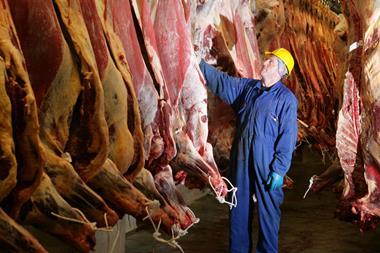
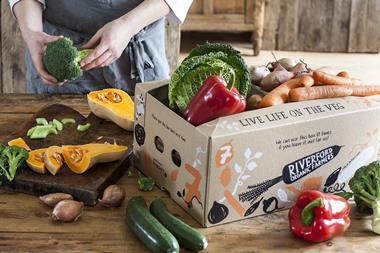
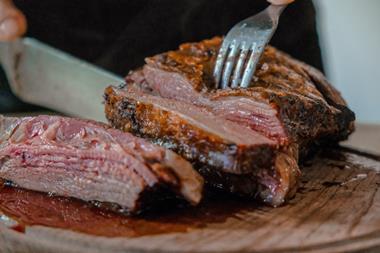






No comments yet